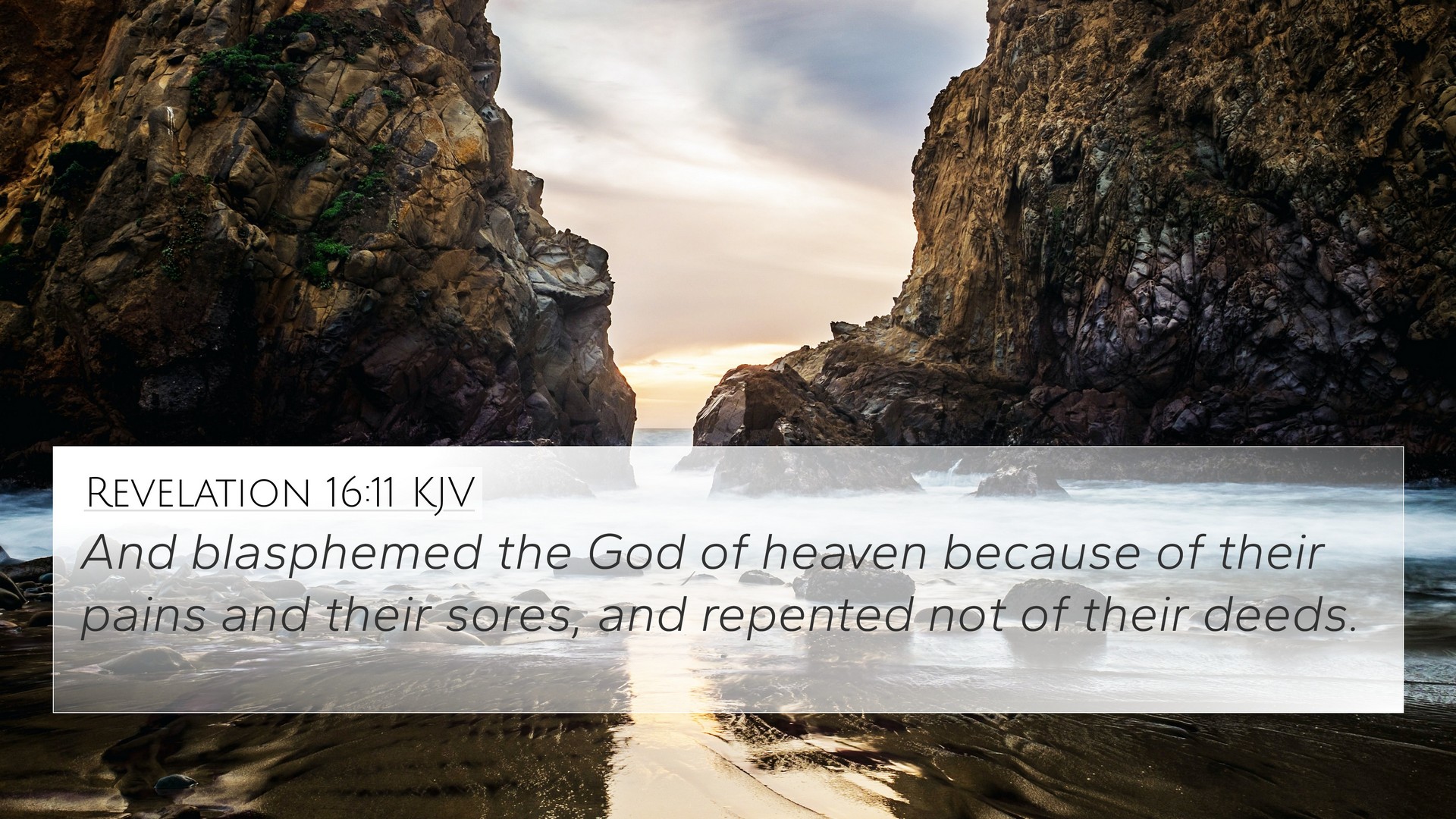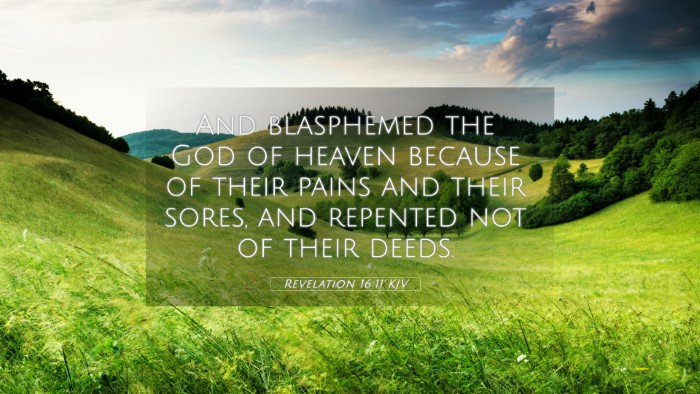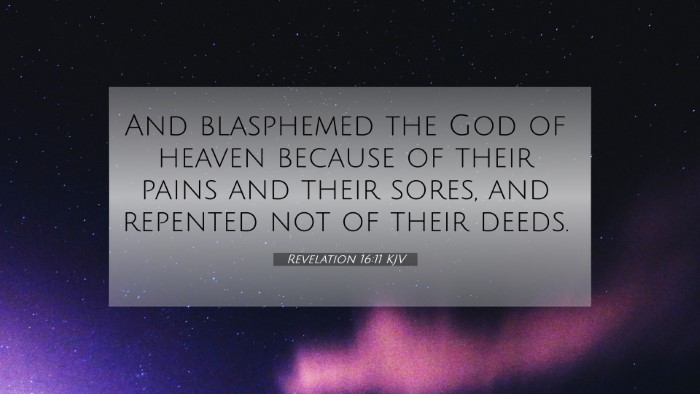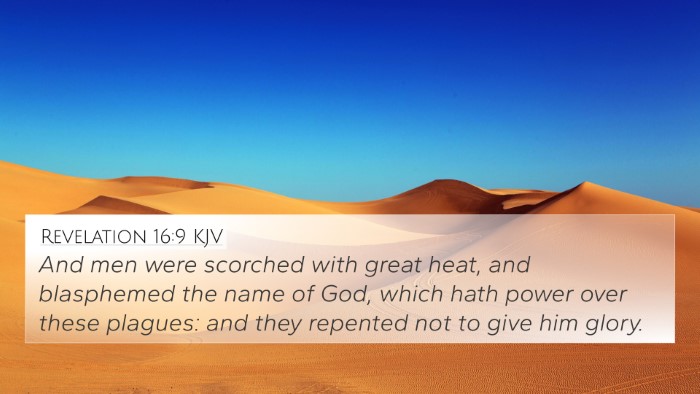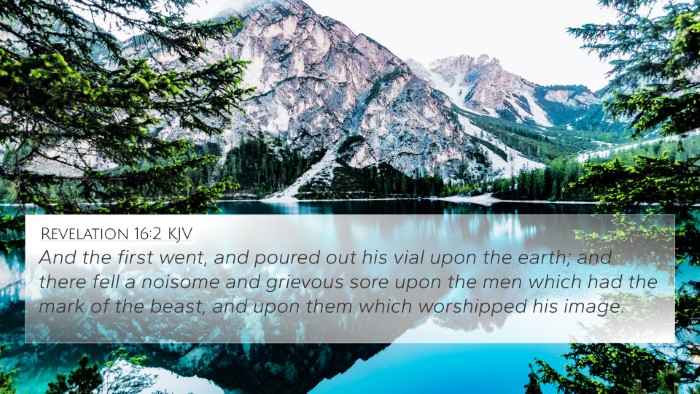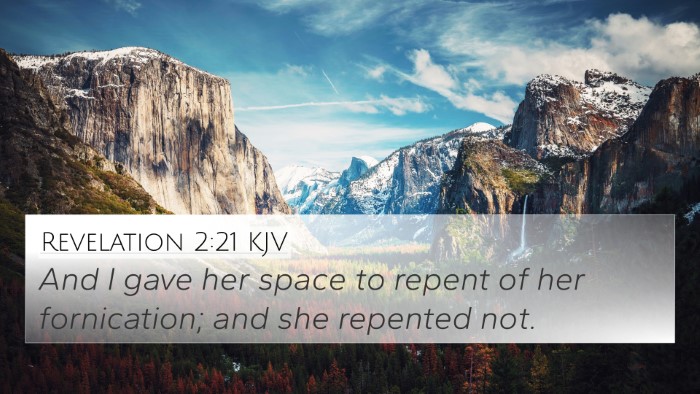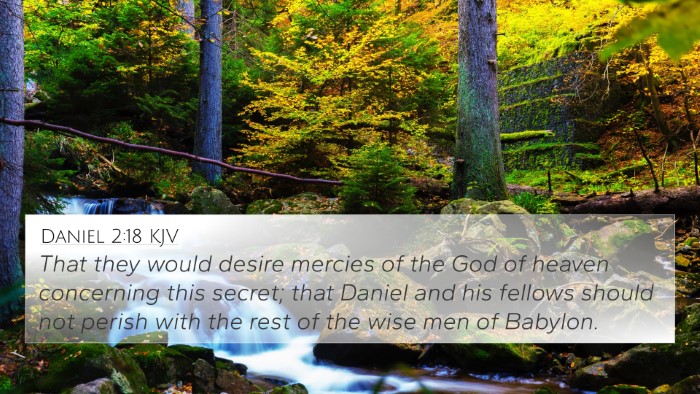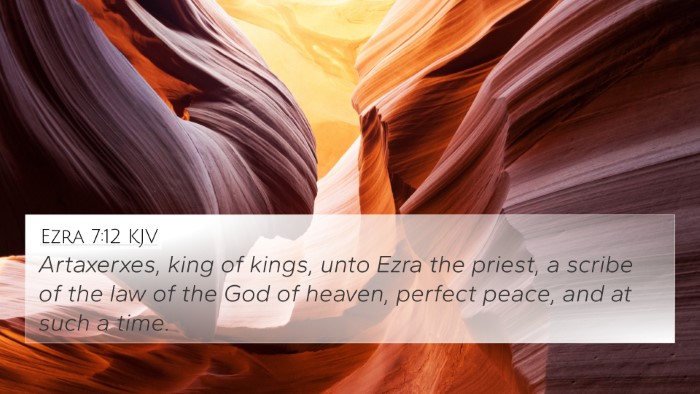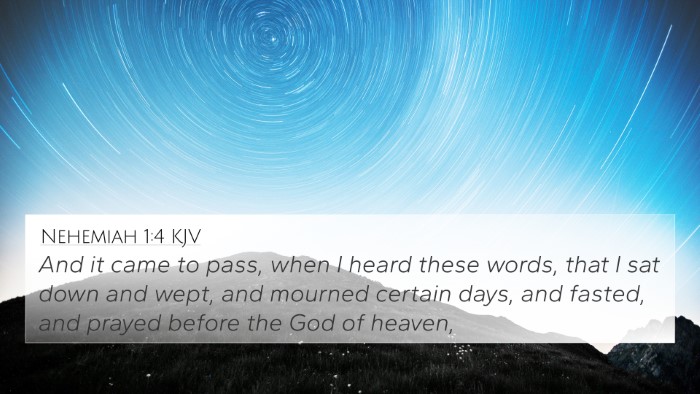Understanding Revelation 16:11
Verse: Revelation 16:11 - "And blasphemed the God of heaven because of their pains and their sores, and repented not of their deeds."
Summary of Insights
This verse is a critical component of the apocalyptic vision described in the book of Revelation, illustrating the obstinate and hardened hearts of those suffering from divine judgments. The verse tells of people who, despite afflictions (symbolized by "pains and sores"), do not turn to God in repentance but instead blaspheme Him.
Key Themes
- Divine Judgment: The 'pains and sores' represent the consequences of sin and rebellion against God.
- Human Response to Suffering: The refusal to repent indicates a spiritual blindness and hardness of heart.
- Blasphemy: Speaking against God highlights the depth of their rebellion and lack of acknowledgment of His sovereignty.
Theological Insights
According to Matthew Henry, this verse emphasizes that even in severe trials, people may refuse to acknowledge God's power and authority. Albert Barnes notes the significance of the phrase "repented not," which indicates a deliberate choice to remain in rebellion against God despite clear evidence of His wrath. Adam Clarke further explains the implications of blasphemy, which reveals a rejection of divine mercy in the face of suffering.
Connections between Bible Verses
Related Cross-References
This verse connects with several others that shed light on similar themes:
- Exodus 9:34-35: Pharaoh hardened his heart despite the plagues.
- Matthew 12:31: Blasphemy against the Holy Spirit is an eternal sin.
- Romans 1:21-22: Humanity's refusal to glorify God leads to futility in thinking.
- Revelation 9:20-21: Those who experience God's judgments still do not repent.
- 2 Peter 2:9: The Lord knows how to reserve the unjust for punishment.
- Luke 13:3: Unless you repent, you will all likewise perish.
- Isaiah 26:10: The wicked will not learn righteousness even in the land of uprightness.
Comparative Bible Verse Analysis
The ongoing theme in these cross-referenced verses reflects a pattern of human rebellion against divine authority. The lack of repentance in Revelation 16:11 mirrors the historical account of Pharaoh's hardened heart, demonstrating a consistent biblical narrative about human resistance to God's will. This persistent rebellion is also addressed in the teachings of Jesus and the warnings provided by the apostles.
Exploring Blasphemy and Repentance
Blasphemy in this context indicates a profound rejection of God’s character, sovereignty, and goodness, which many public commentaries note as a significant warning to believers and non-believers alike. The refusal to repent signifies a willful choice to remain estranged from God despite experiencing divine judgments.
Theme of Repentance Across Scripture
Understanding repentance is crucial in biblical theology. The call to turn back to God and away from sin is a recurring theme, with verses such as:
- Jeremiah 25:5: Calling Israel to turn from their evil ways.
- Ezekiel 18:30: Encouragement to repent and turn from all offenses.
- Acts 17:30: God commands all people everywhere to repent.
Tools for Bible Cross-Referencing
Utilizing tools for Bible cross-referencing, such as a Bible concordance or Bible cross-reference guide, can enhance understanding and identify deeper connections between texts. These resources assist in discovering bible verses that relate to each other and facilitate thorough analysis.
How to Use Bible Cross-References
To effectively engage in a cross-reference Bible study, follow these steps:
- Identify Key Themes: Focus on the main ideas presented in your verse of interest.
- Consult a Concordance: Use tools to find related verses based on keywords.
- Engage in Comparative Studies: Analyze both Old and New Testament connections.
- Document Insights: Keep a record of your findings for future reference.
Conclusion
Revelation 16:11 serves as a profound reminder of humanity's tendency to resist the call to repentance even in the face of suffering. The engaging perspectives from notable commentaries, alongside cross-referencing biblical texts, create a richer understanding of this significant verse in the context of God's judgment and mercy.
